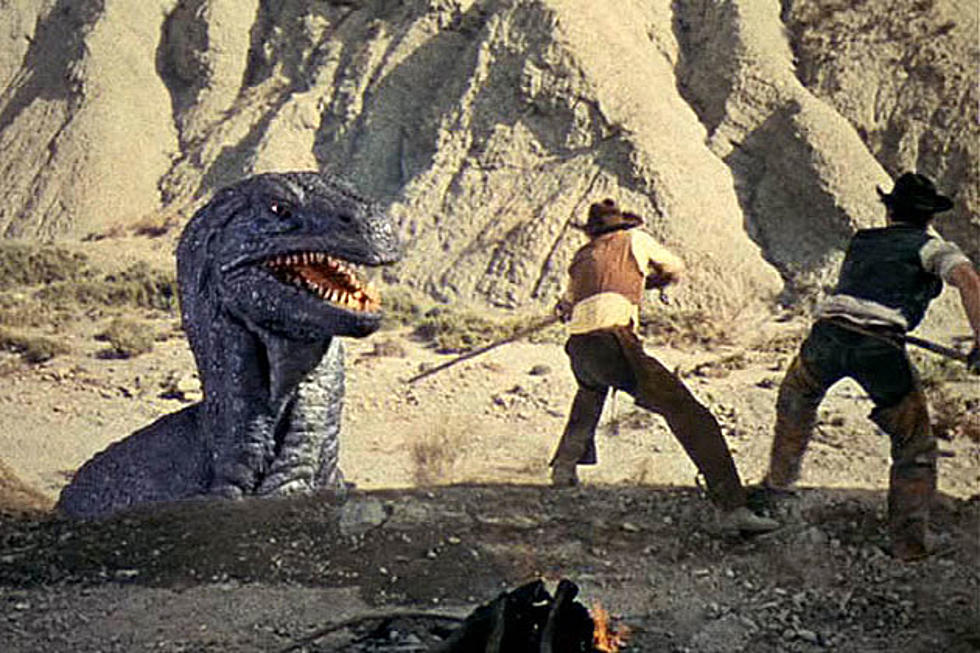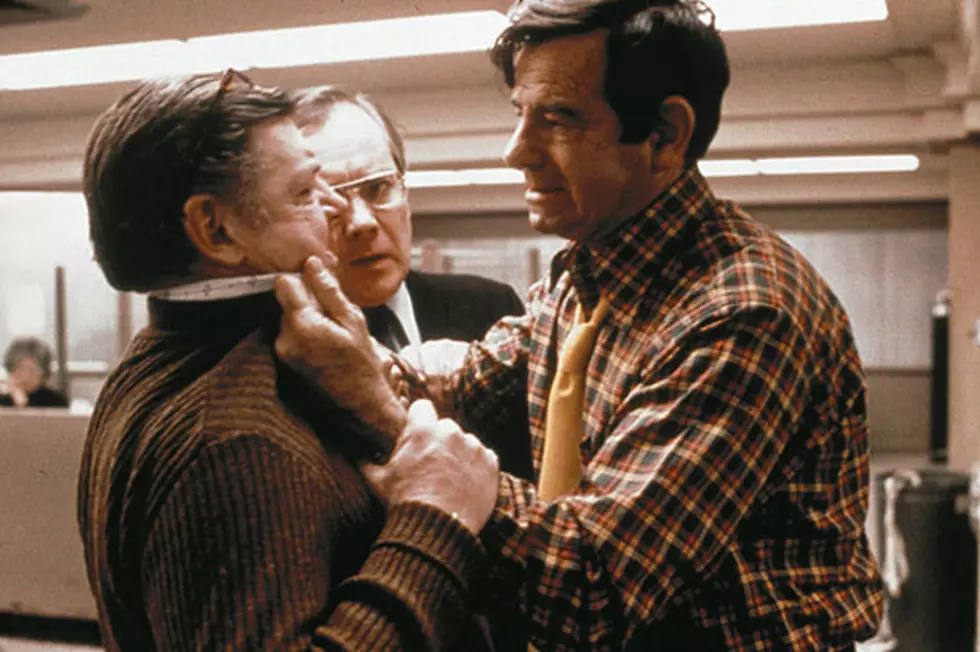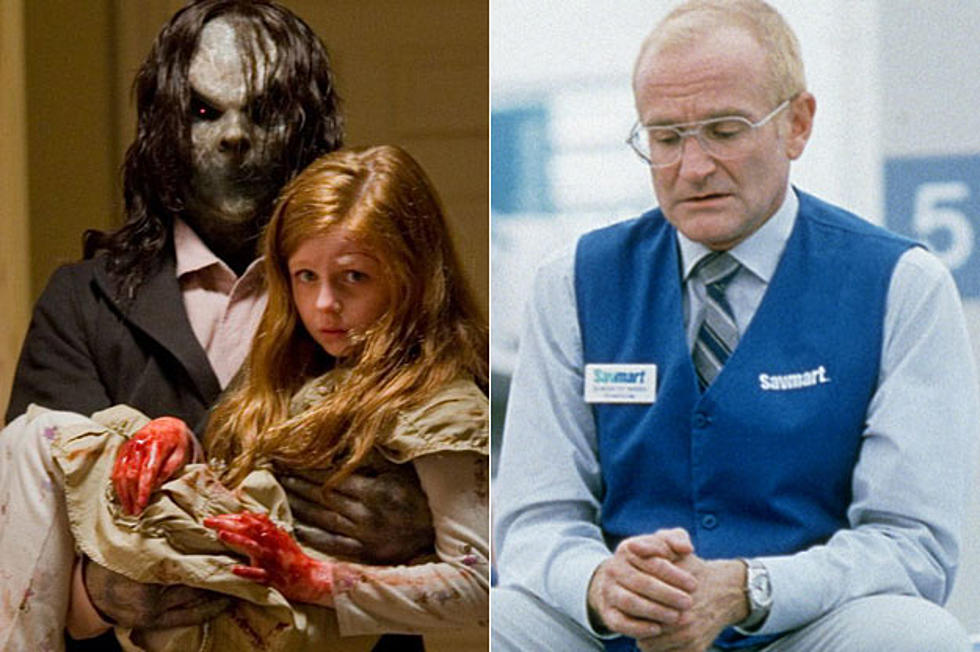
Retro Rental: Skip ‘What to Expect When You’re Expecting’ and Try ‘Inside’ Instead
[Each week, inspired by what's in theaters or in the news or even just by random firings of neurons, 'Retro Rental,' by film critic James Rocchi, looks at an older film on disc or download that links up to the here-and-now ...]
"Oh," people say to me as we make small-talk on airplanes, "that must be awesome, to get paid to see movies." That this comes up the week I saw 'What to Expect When You're Expecting' was, of course, no coincidence.
It's rather like suggesting a gynecologist gets paid to see naked chicks; accurate, but perhaps a bit simplistic. I get paid to see movies you would walk out of on an airplane, I tell those nice people; then I have to actually think about them, and have something to say about them, when you'd just shake your head and say, "That was crap," and move on. Here's where 'What to Expect' comes in.
Based on the self-help book and starring a flotilla of actors (Jennifer Lopez, Cameron Diaz, Elizabeth Banks, Anna Kendrick… and that's just the ladies), it should have been titled 'Cliches and Old Jokes about Pregnancy in a World of Well-to-Do Straight People.' (One of the old jokes is, ha, ha, about how boring minivans are; your average minivan trip looks like the Indy 500 compared to how dull this movie is.)
And it's easy for me to sniff off 'What to Expect When You're Expecting,' partially because I don't have children of my own, yet, and partially because it is horribly made and emotionally empty, with characters on loan from either 'Talladega Nights' or 'I Love Lucy.' But the best thing about 'What to Expect' is, in fact, how when I was trying to escape it in my head, I thought about one of my favorite films about pregnancy… the horror film 'Inside.'
Released in 2007, directed by the team of Alexandro Bustillo and Julien Maury, 'Inside' is one of the scariest films I've ever seen, and I've never needed to do more than the pitch to make people prick up their ears and want to see it, and it goes a little something like this: On Christmas Eve, a woman (Allyson Paradis) is waiting at her home, her pregnancy due any moment. It's a blessed night, but a sad one -- she lost her husband a few months ago, in a car crash, and she'd rather just wait and be on her own. But there's a knock at the door -- in the dark, in a nice part of town where the houses are far apart, with a light falling of snow -- and she asks "Who is it?" The knock comes again, she asks who it is again, and the voice on the other side of the door… a woman's voice… says, "Let me in… and I'll cut out your baby."
Bear in mind, that may not be exactly how the beginning of the film goes -- the woman, Beatrice Dalle, may try a little more clever subterfuge to get in before flat-out acting crazy -- but not only does 'Inside' play with all of our fears about pregnancy and vulnerability and exposing your child to a scary world, it's also completely character driven. When we learn that the woman is not just some random psycho, but actually has her reasons, she becomes a thousand times more real, and more scary, than any steroidal stuntman in a hockey mask. And if you hate it when horror films wimp out, congratulations -- 'Inside' leaves more red blood on the walls than a week-long run of 'Macbeth,' with plenty of gore, but, yes, gore about people that matter to us.
'What to Expect When You're Expecting' tries to look at the universal concerns of motherhood and parenting, but if you want a film that boils all of that down to a thick, hot stew of terror -- the fear that you simply won't be able to keep your baby safe in a world scarier than you could ever imagine -- watch 'Inside.' It's a horror film, sure, but it's also a look at pregnancy way more terrifying (and way more character-driven) than the jamboree of actresses in fake baby bumps 'What to Expect' provides.
James Rocchi is currently a film critic for MSN Movies and an entertainment correspondent for The Toronto Star. He has previously written for The San Francisco Chronicle, Aol’s Cinematical, American Movie Classics and Redbox. He is a member of the Broadcast Film Critics of America and the Los Angeles Film Critic’s Association.
More From ScreenCrush









